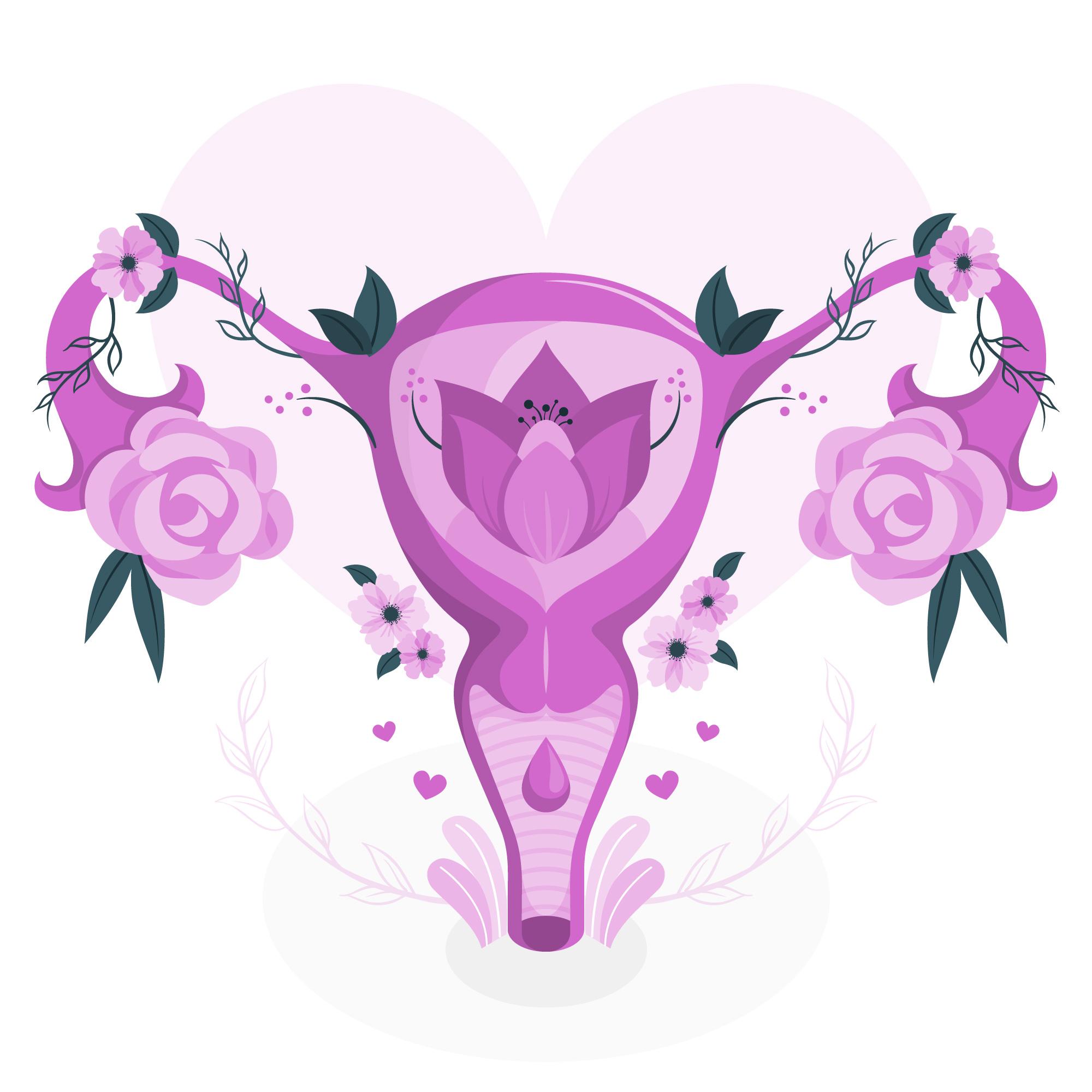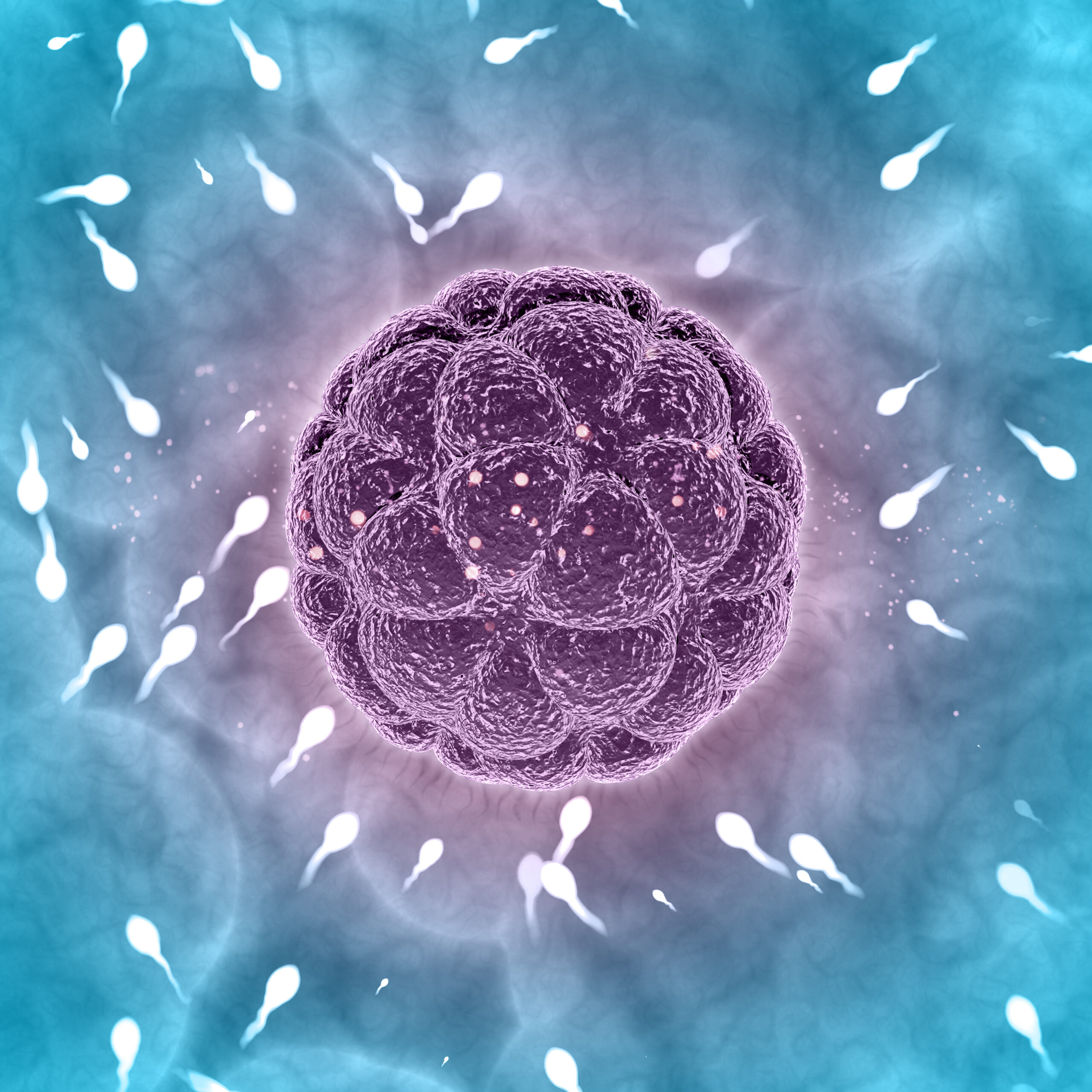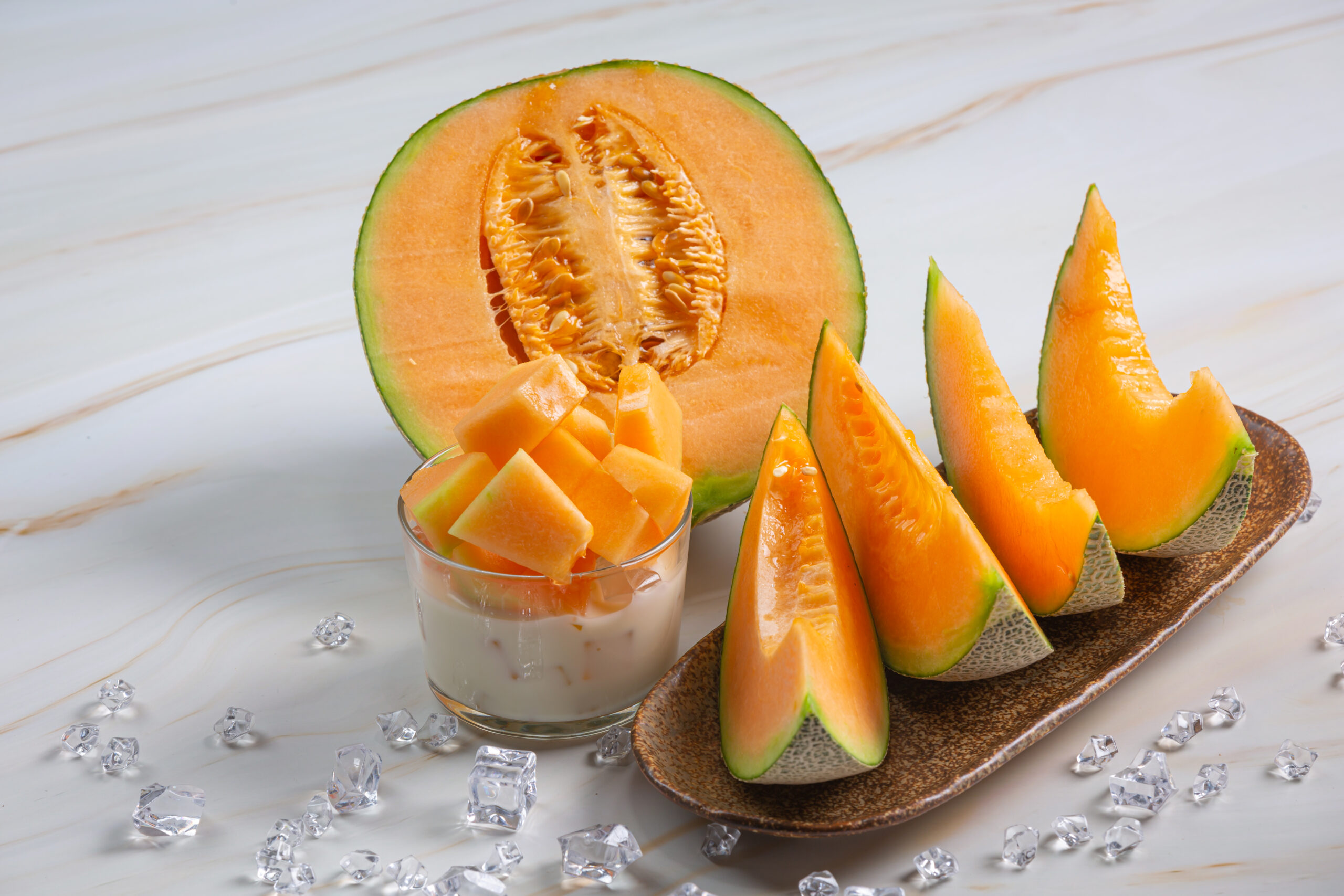Embarking on the journey through menopause can bring about various changes in a woman’s life, and one of the most challenging aspects is dealing with those sudden and intense bursts of heat known as hot flashes. Menopause is a natural phase in a woman’s life, marked by significant hormonal changes that can bring about a range of symptoms. It’s one of the most notorious and uncomfortable symptoms. These sudden waves of heat and sweating can disrupt daily life and make this transitional period challenging.

Lifestyle Adjustments for Hot Flash Management:
Mindful Dietary Choices: Certain foods and beverages can act as triggers for hot flashes. Discover the power of a balanced diet that emphasizes whole foods while minimizing caffeine, spicy dishes, and alcohol.
Embracing Regular Exercise: Incorporating a mix of aerobic exercises, strength training, and relaxation techniques can significantly reduce the frequency and severity of hot flashes.
Physiology of Menopause Hot Flashes:
Understanding the physiological mechanisms behind menopause is the first step toward effective management. These episodes are closely linked to the fluctuating levels of estrogen during menopause, triggering the hypothalamus and resulting in the characteristic heat waves.
Natural Remedies and Supplements for Relief:
Black Cohosh Exploration: Explore the potential benefits of black cohosh, an herbal remedy known for alleviating menopausal symptoms, including hot flashes. Always consult with a healthcare professional before introducing new supplements.
Harnessing Flaxseed’s Power: Ground flaxseed, rich in lignans, may help balance hormones and mitigate the discomfort associated with hot flashes.
Hormone Replacement Therapy (HRT):
Hormone replacement therapy (HRT) stands as a viable option for management by supplementing estrogen levels. Seek the guidance of a healthcare professional to determine the most suitable approach based on individual health considerations.
Yoga and Pilates Practices:
Engaging in a regular practice of yoga and pilates can be a transformative and empowering approach to managing menopausal hot flashes. Both disciplines offer a holistic blend of physical postures, controlled breathing, and mindfulness, creating a mind-body connection that proves invaluable during this transitional phase.
Yoga, with its focus on flexibility, balance, and relaxation, can help regulate hormonal fluctuations, potentially reducing the frequency and intensity. Similarly, Pilates emphasizes core strength and overall body conditioning, contributing to improved physical well-being. The deep, intentional breathing techniques in both practices promote stress reduction, a key factor in mitigating hot flashes.
By incorporating yoga and Pilates into a menopausal wellness routine, women not only nurture their bodies but also cultivate mental resilience, providing a natural and gentle approach to finding relief from the challenges of hot flashes.
Cooling Strategies for Immediate Comfort:
Clothing Choices: Opt for layered clothing to easily adapt to fluctuating body temperatures during hot flashes.
Investing in Cooling Bedding: Explore bedding options designed to regulate body temperature, such as moisture-wicking sheets and breathable mattress toppers.
Hydration and Cooling Foods:
The Power of Hydration: cannot be overstated, especially during menopause. Adequate water intake is essential for maintaining overall well-being, helping regulate body temperature and mitigating the discomfort of hot flashes. Staying hydrated supports the body’s natural cooling mechanisms and aids in the balance of hormonal fluctuations characteristic of this life stage. By prioritizing hydration, you empower your body to navigate the challenges of menopause more effectively, promoting optimal health and comfort.
Incorporating Cooling Foods: into your diet is a smart and delicious strategy for managing menopause hot flashes. Fresh, hydrating options like cucumber and watermelon can provide immediate relief during uncomfortable temperature surges. These foods not only help quench thirst but also contribute to overall hydration, supporting your body through the hormonal changes of menopause. By embracing a diet rich in cooling fruits and vegetables, you’re not just savoring delightful flavors; you’re actively working towards a more comfortable and balanced menopausal experience.
Embarking on the menopausal journey doesn’t mean resigning to the discomfort of hot flashes. By understanding the triggers, adopting lifestyle modifications, and exploring various relief strategies, women can reclaim control over their well-being during this transformative phase. As always, consulting with a healthcare professional is essential for personalized guidance and a tailored approach to managing menopause and hot flashes.





